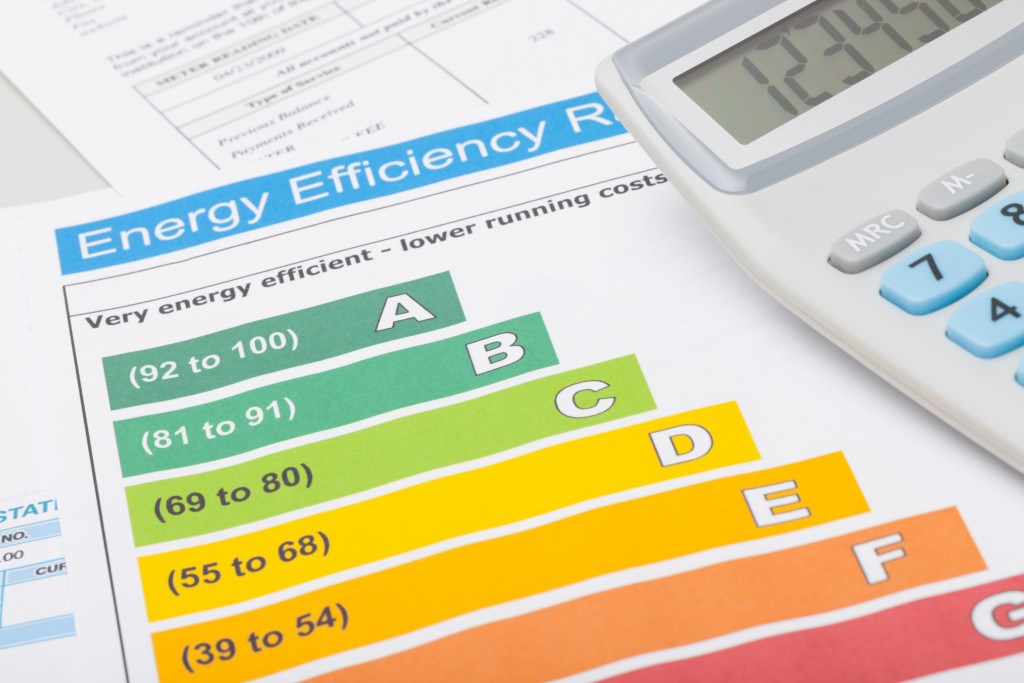The government has a vested interest in helping to minimize energy consumption. Not only does this help the environment, but it also helps to save money for taxpayers. There are several ways that the government can help accomplish this goal, and some of them are explored in this article.
Encourage Energy-Efficient Houses
In recent years, the issue of energy consumption has come to the forefront of public consciousness. As our reliance on fossil fuels continues to strain the environment, it is clear that we need to find more efficient ways to power our homes and businesses. The government can help minimize energy consumption by encouraging the construction of energy-efficient houses. By setting higher standards for energy efficiency, builders will be incentivized to use more sustainable materials and construction methods.
In addition, government incentives can make it more affordable for homeowners to make energy-efficient upgrades to their houses. For instance, they can remodel their kitchen cabinets to make them energy efficient. One way to do this is by using LED lighting instead of standard lighting. This will reduce energy consumption and help make your home more efficient. As a result, these measures can help to reduce our overall energy consumption and protect the environment for future generations.
Promote Energy Conservation
The government can also promote energy conservation through public education campaigns. These campaigns can highlight the importance of conserving energy, and they can provide tips on how people can conserve energy in their everyday lives. Additionally, the government can support programs that help people save energy, such as utility companies that provide discounts for customers who use less electricity. The government has long been interested in promoting energy conservation. By reducing energy consumption, the government can help to reduce pollution, improve the economy, and protect the environment. One way the government promotes energy conservation is through legislation. For example, the Energy Policy Act of 1992 established efficiency standards for appliances and buildings. The government has also created tax incentives for businesses and individuals that invest in energy-efficient technology. In addition, the government funds the research and development of new energy-saving technology. The government is working to create a cleaner and more sustainable future by promoting energy conservation.

Decoupling and Utility Business Models
The government can help to reduce energy consumption in two ways: by decoupling and utility business models. Decoupling is when the price of electricity is not directly linked to the amount of electricity consumed. This means that even if people use more electricity, they will not see an increase in their bills. As a result, people have less incentive to conserve energy. On the other hand, utility business models are designed to encourage energy efficiency. In this type of system, utilities are rewarded for reducing the amount of energy their customers use. As a result, utilities have a financial incentive to invest in energy-saving technologies and help their customers use less energy. Both of these approaches can help to reduce energy consumption and save money.
Increase the Use of Renewable Energy
Another way that the government can help reduce energy consumption is by increasing the use of renewable energy. The government can provide incentives for people and businesses to use renewable energy, such as tax breaks or subsidies. Additionally, the government can invest in research and development to make renewable energy more efficient and affordable. The government is taking steps to reduce energy consumption by increasing the use of renewable energy. The government is doing this by providing tax breaks and incentives for businesses and individuals who install solar panels and wind turbines. The government is also investing in the research and development of new renewable energy technologies. By increasing the use of renewable energy, the government is helping to reduce air pollution, greenhouse gas emissions, and dependence on imported fossil fuels. In addition, the increased use of renewable energy will create jobs in the engineering and construction industries. The government’s efforts to increase the use of renewable energy will help protect the environment and boost the economy.
Enact Efficiency Standards
The government can also help to reduce energy consumption by enacting efficiency standards. These standards would require that products use a certain amount of energy to be sold in the market. This would encourage manufacturers to produce more energy-efficient products, and it would also cause people to purchase more efficient products. The government has enacted several policies to help reduce energy consumption and encourage energy-efficient technologies. One of the most important is setting minimum efficiency standards for appliances and buildings. These standards ensure that new products use less energy than older models, saving consumers’ money on their energy bills and reducing demand on the power grid. The government has also created tax incentives and subsidies for energy-efficiency upgrades, making it more affordable for homeowners and businesses to make improvements. In addition, the government has launched education and awareness campaigns to promote energy conservation. By working to reduce energy consumption across the country, the government is helping to minimize environmental impact and ensure a more sustainable future.
The government has many tools at its disposal to help minimize energy consumption. By encouraging energy efficiency, promoting energy conservation, and increasing the use of renewable energy, the government can help make a difference in the fight against climate change.

